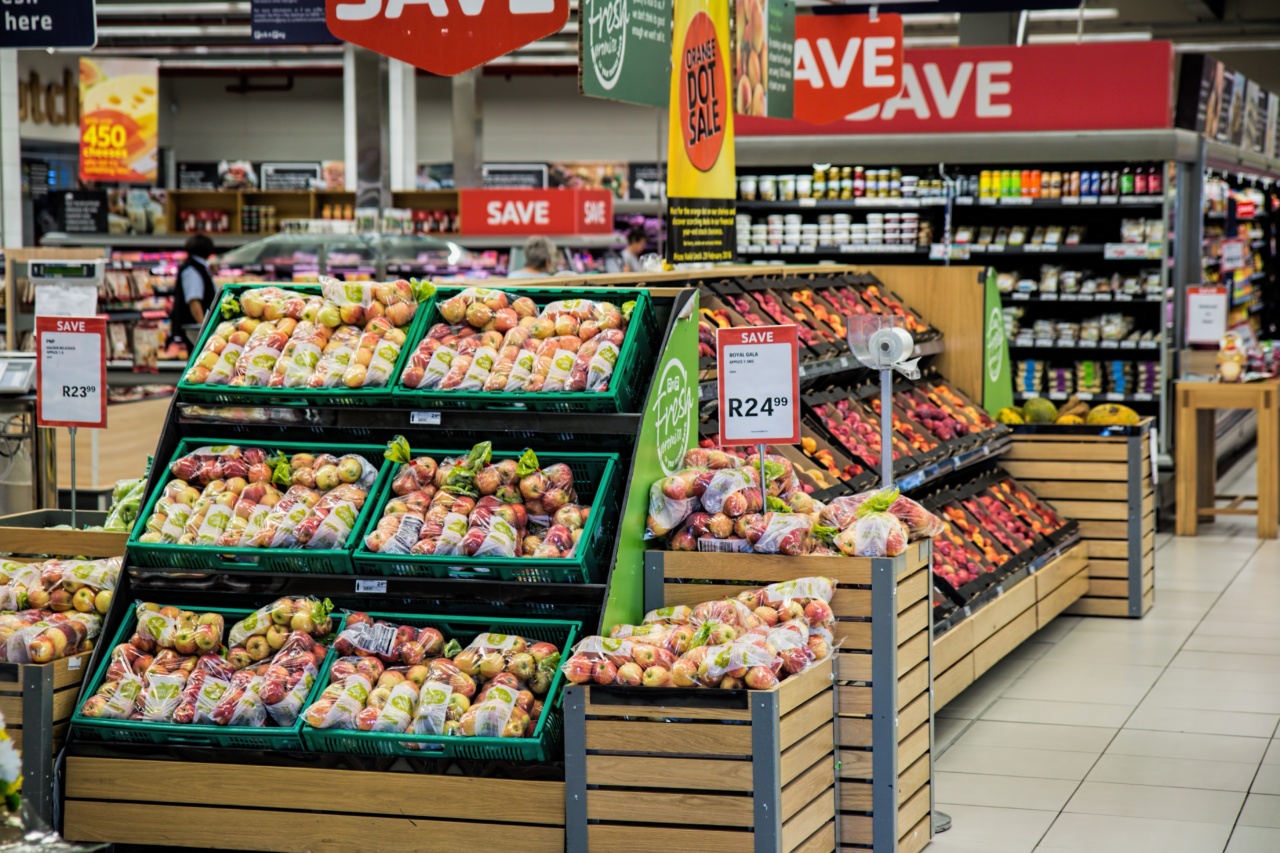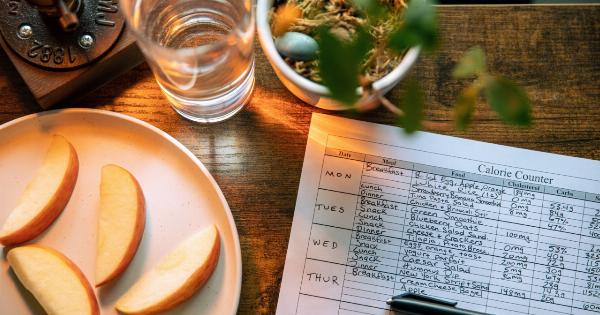Supermarket shopping can be a chore for many people. It is easy to become overwhelmed by the sheer number of choices available and end up purchasing more than you need.
However, with a little planning and preparation, you can make your supermarket shopping experience a lot easier and more cost-effective. Here are some tips for smarter supermarket shopping:.
1. Make a list
Before heading to the supermarket, make a list of the items you need. This will help you to stay focused and avoid purchasing unnecessary items. Organize your list according to the layout of the store so that you can avoid backtracking and save time.
2. Don’t shop on an empty stomach
Shopping when hungry can lead to impulsive purchases of unhealthy snacks and junk food. Make sure you have a meal or a snack before heading to the supermarket so that you can shop with a clear head.
3. Check the unit price
Pay attention to the unit price of the items you are buying. The unit price will tell you the cost per ounce, pound, or other unit of measurement. This will help you to compare the prices of similar items and choose the most cost-effective option.
4. Look for sales
Keep an eye out for sales and special deals. Many supermarkets offer discounts and promotions on certain items throughout the year. Look out for coupons and in-store flyers to save money on your grocery bill.
5. Buy in bulk
Buying in bulk can save you money in the long run. Look for items that have a long shelf life or can be frozen, such as rice, pasta, and frozen vegetables. Buying in bulk also reduces the amount of packaging you need to dispose of.
6. Stick to the perimeter
The perimeter of the supermarket is usually where the fresh produce, meat, and dairy products are found. These items are generally healthier and less processed than the items found in the middle of the store.
Try to stick to the perimeter when shopping to make healthier choices.
7. Avoid brand loyalty
Don’t be afraid to try new brands or store brands. These items are often cheaper than the name-brand versions and can taste just as good. Compare prices and read labels to find the best value for your money.
8. Check the expiration dates
Make sure to check the expiration dates of the items you are buying. Expired items can be dangerous to consume and may have lost their flavor or efficacy. Look for items with the longest shelf life to avoid wasting food and money.
9. Bring your own bags
Bringing your own reusable bags to the supermarket can save you money and help the environment. Many supermarkets charge for plastic bags or offer discounts for using reusable bags.
Plus, reusable bags are more durable and can hold more items than plastic bags.
10. Don’t be afraid to ask for help
If you are unsure about where to find a particular item or have questions about a product, don’t be afraid to ask a store employee for help. They are usually happy to assist customers and can offer advice on the best deals and healthy options.





























